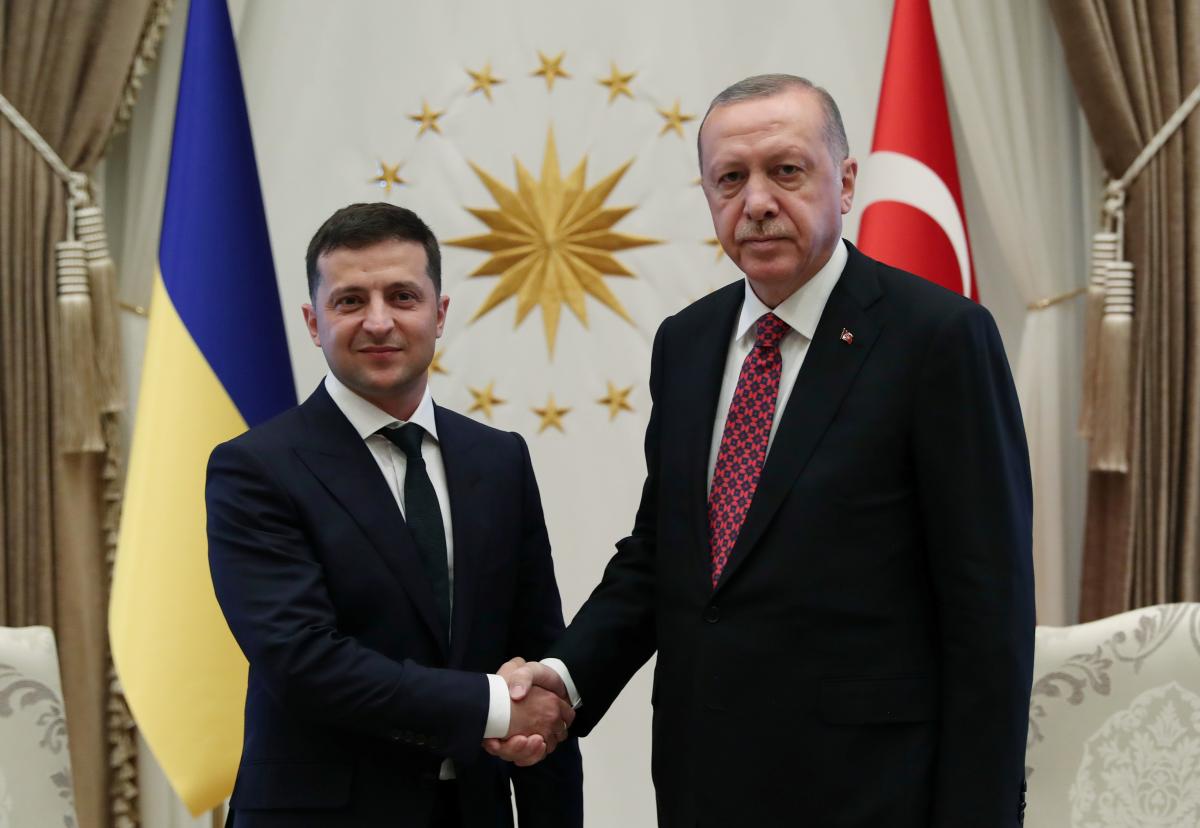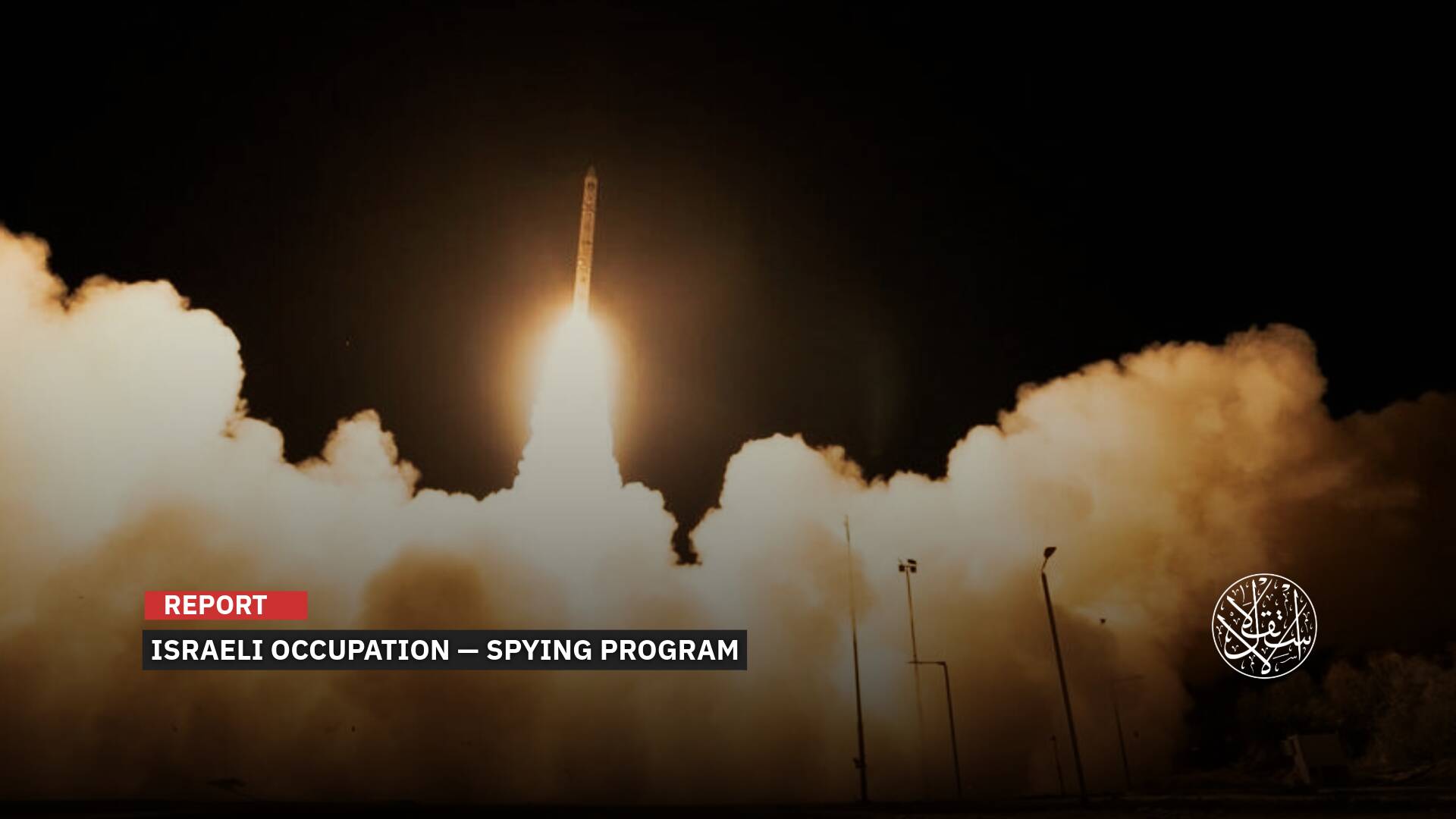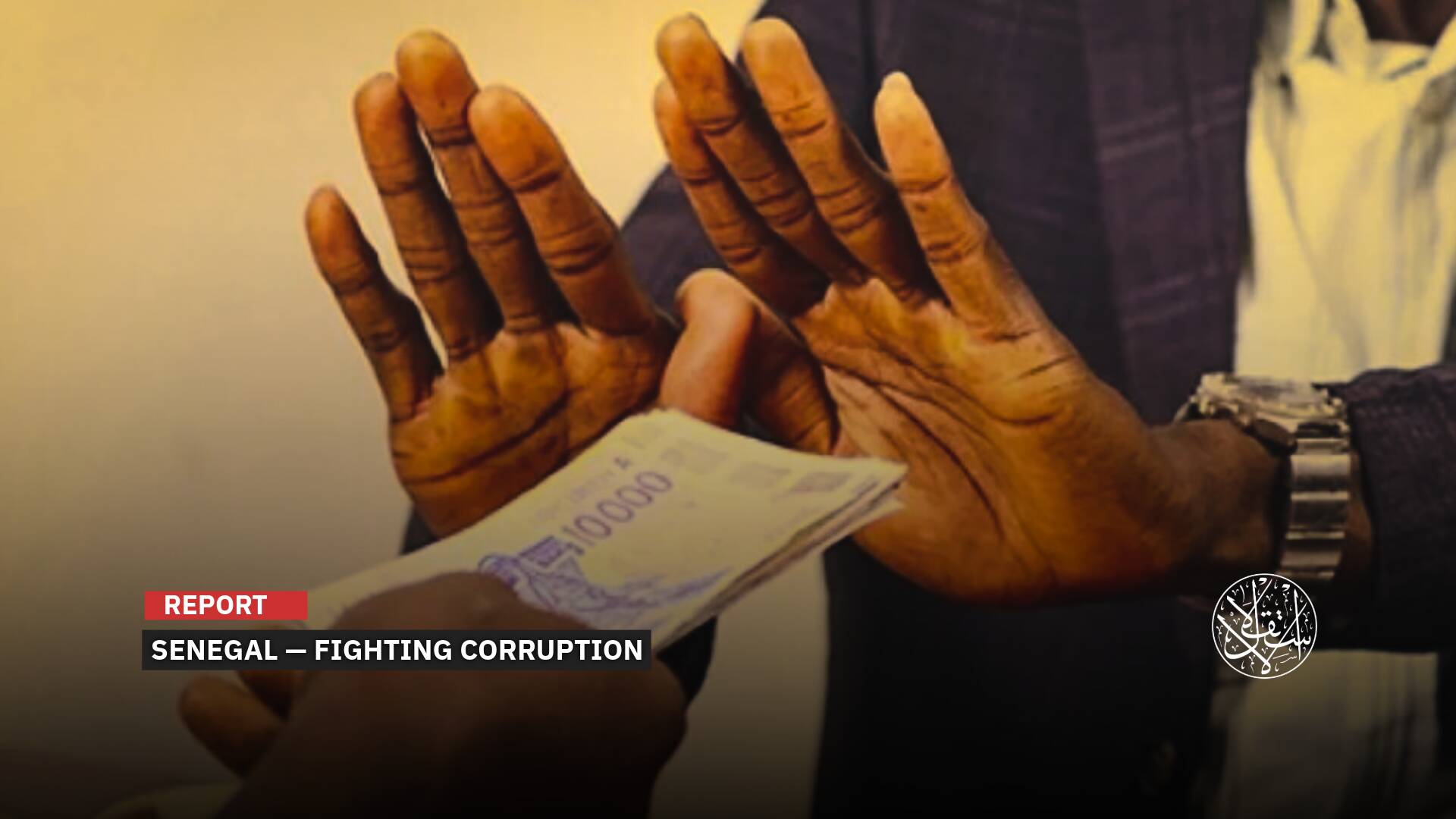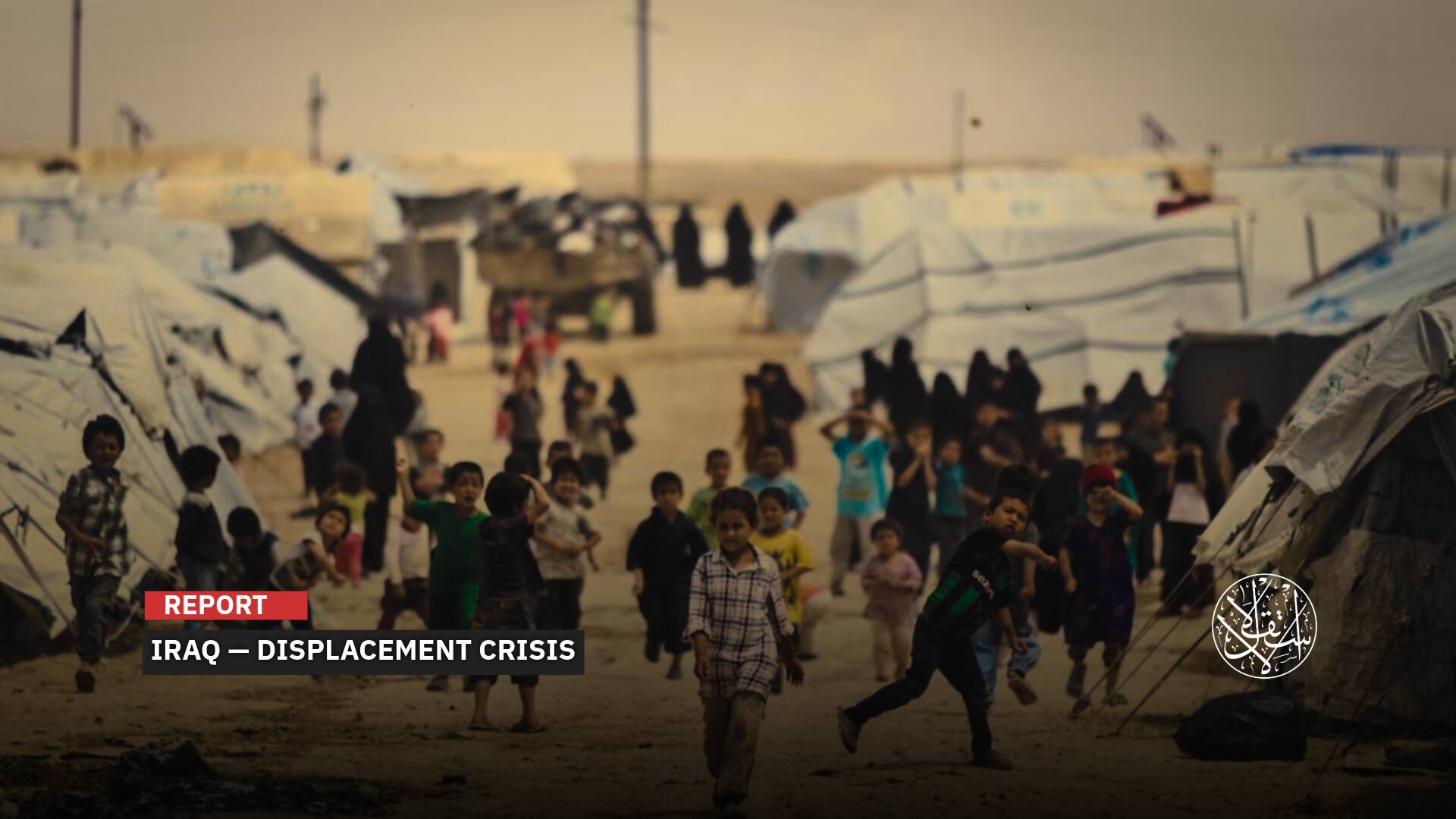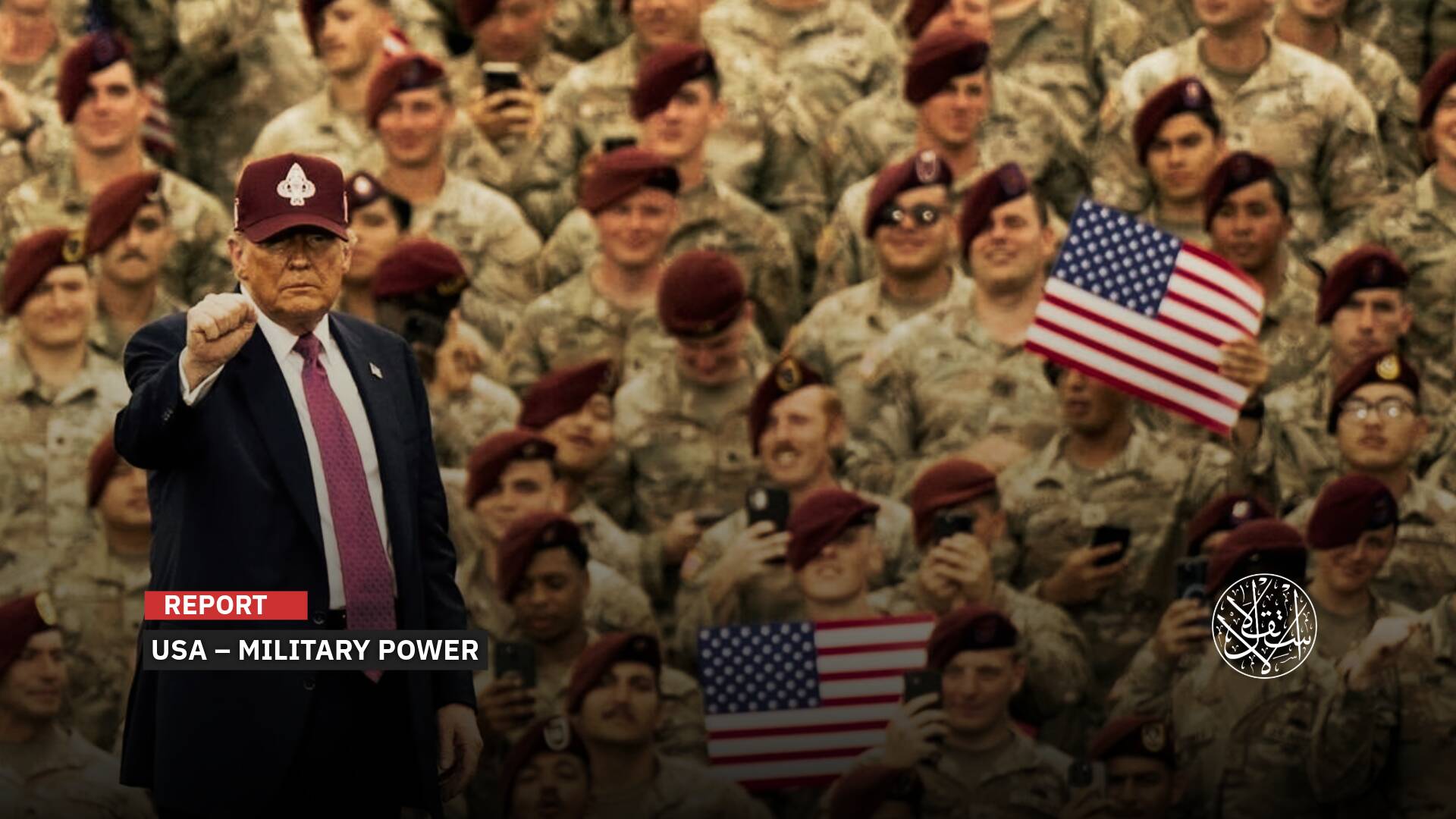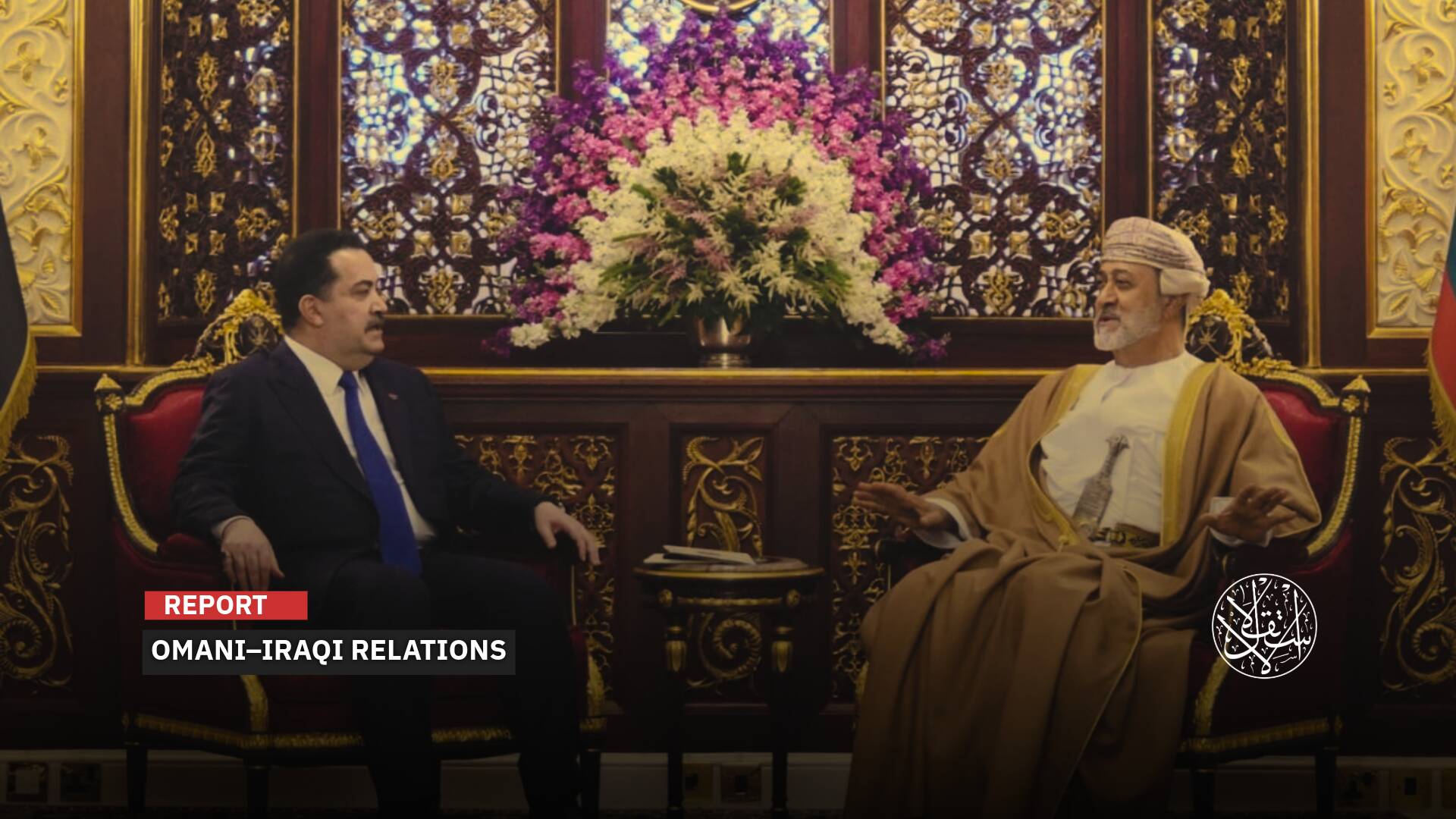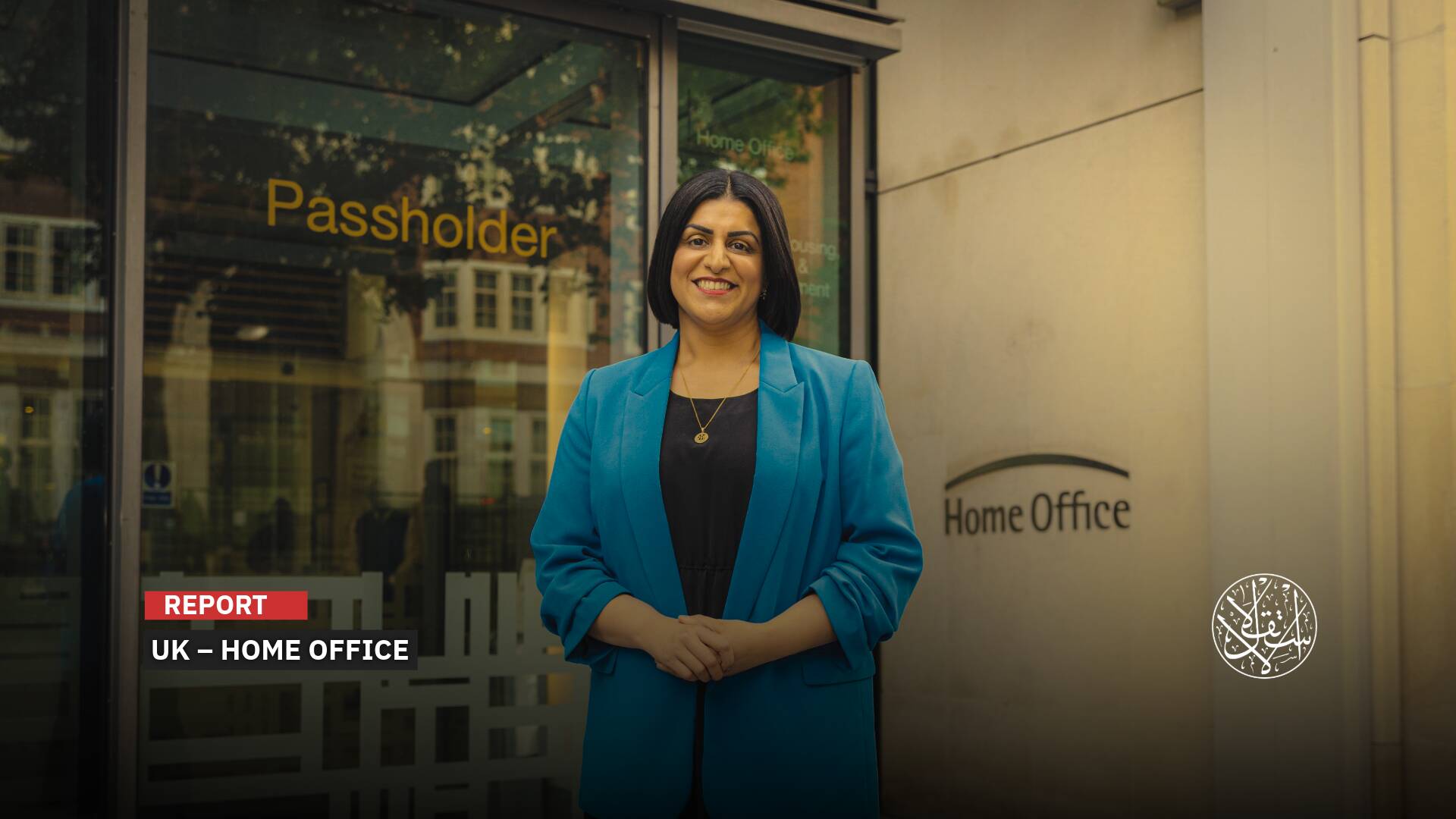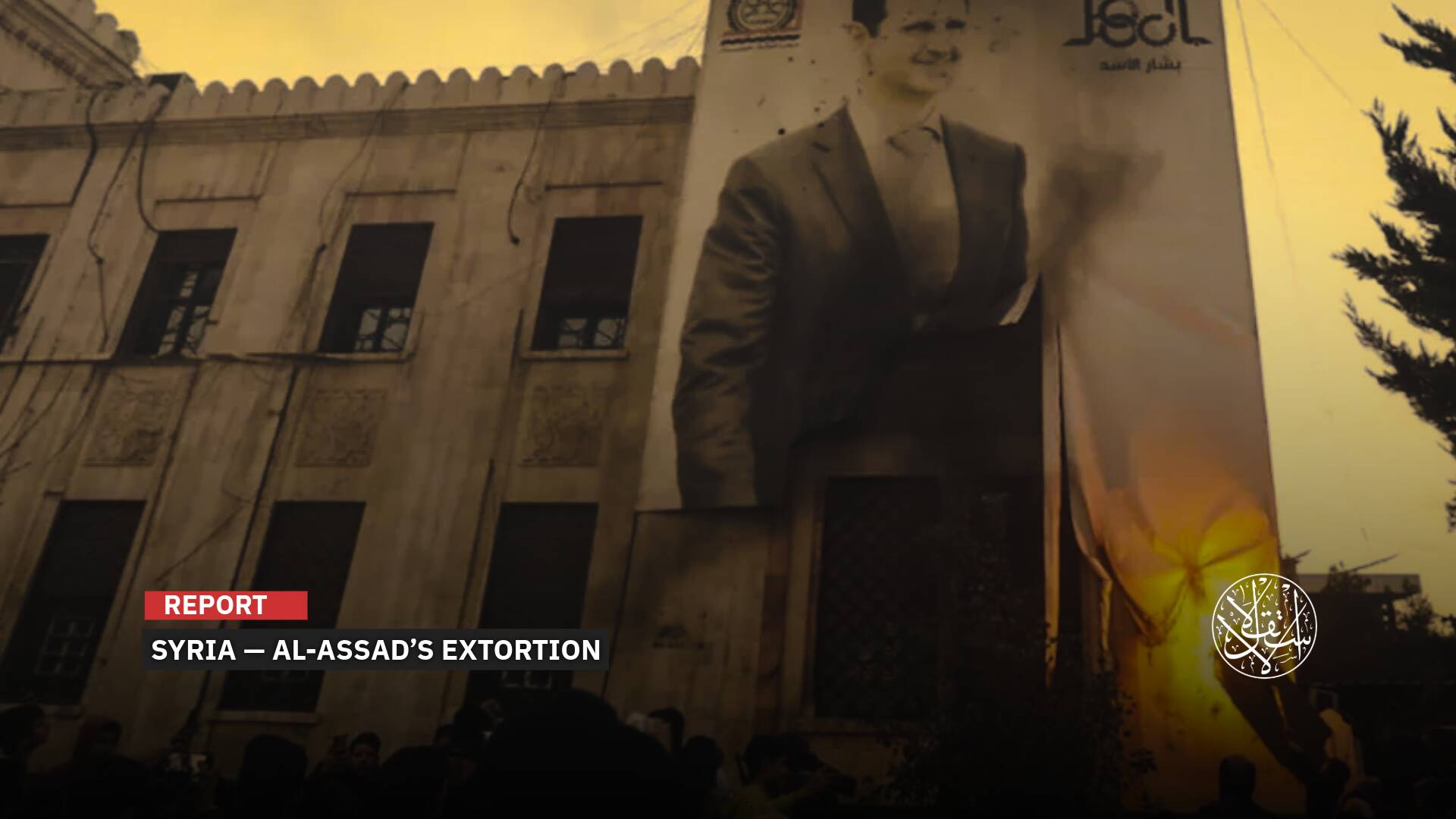How Is Turkey’s Soft Power Changing the Political, Military and Cultural Climate Near Russia’s Borders?
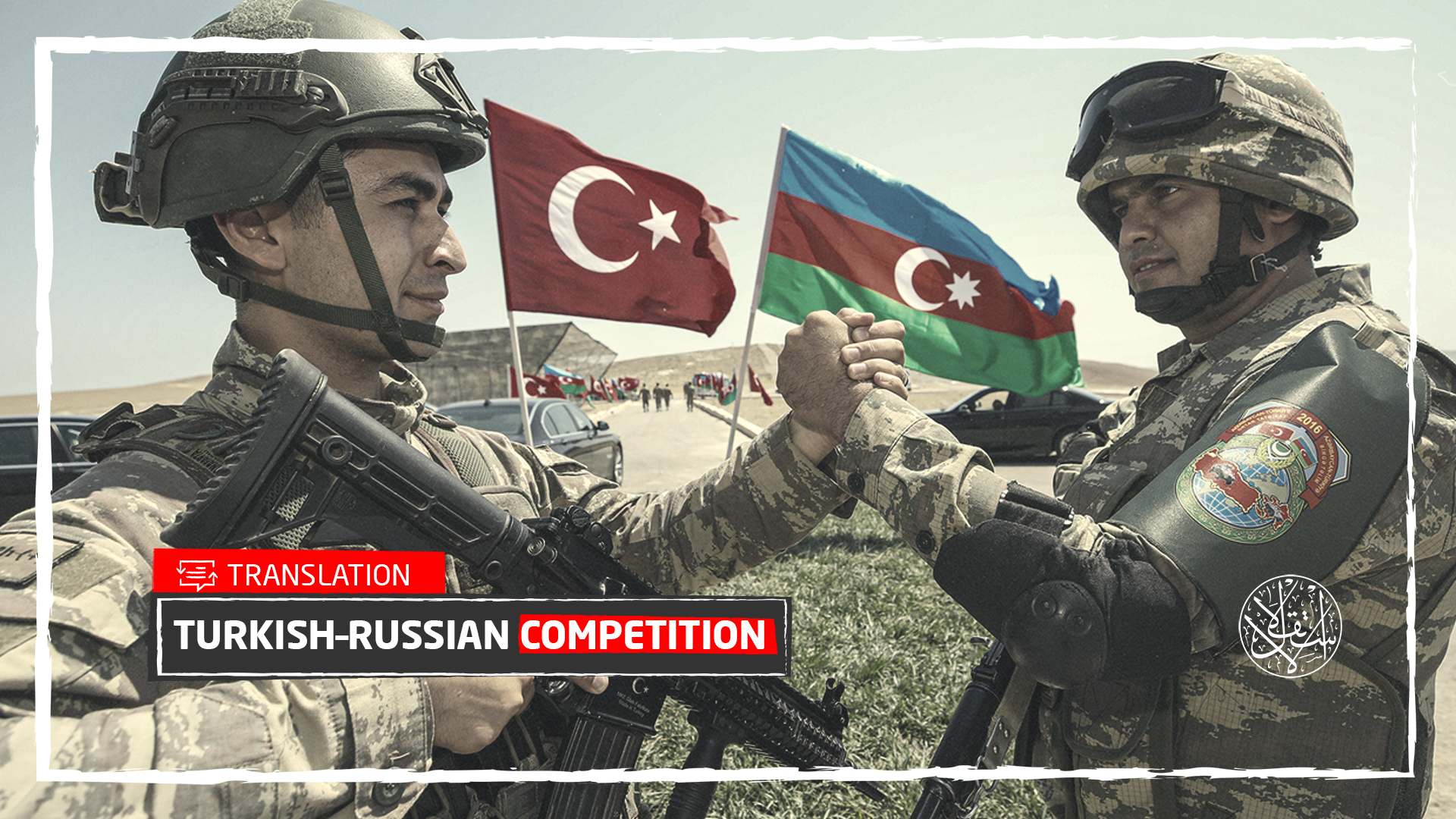
The Russian newspaper “Lenta.ru” published an article in which it talked about what was raised in July 2021, about a deal between Ankara and Moscow on the Crimean Peninsula.
At a time when the newspaper referred to the radical differences between the North Atlantic Treaty Organization (NATO) and Turkey; it pointed out the points that prevent them from cooperating together to confront Russia's ambitions in Eastern Europe.
It also indicated that at the end of July 2021, Hasan Unal, a Turkish academic at Istanbul's Maltepe University, caused a sensation in the Russian and Turkish media.
Unal, during his interview with “Lenta.ru” newspaper, said that “Ankara has no desire to build a Turkish peace that competes with Russia, it even made a deal with Moscow over the Crimea Peninsula.”
The Russian newspaper claimed that “Turkey for many years did not spare money for its cultural projects that promote the idea of unity among Muslims in general, especially in the countries of the former Soviet Union with the Turks, as it was in the era of the Ottoman Empire.”
It pointed out that “the idea is being revived”, It is asking: “How is Turkey’s soft power changing the political climate near Russia’s borders? And adding: “Does Moscow oppose this cultural expansion of its ally?”
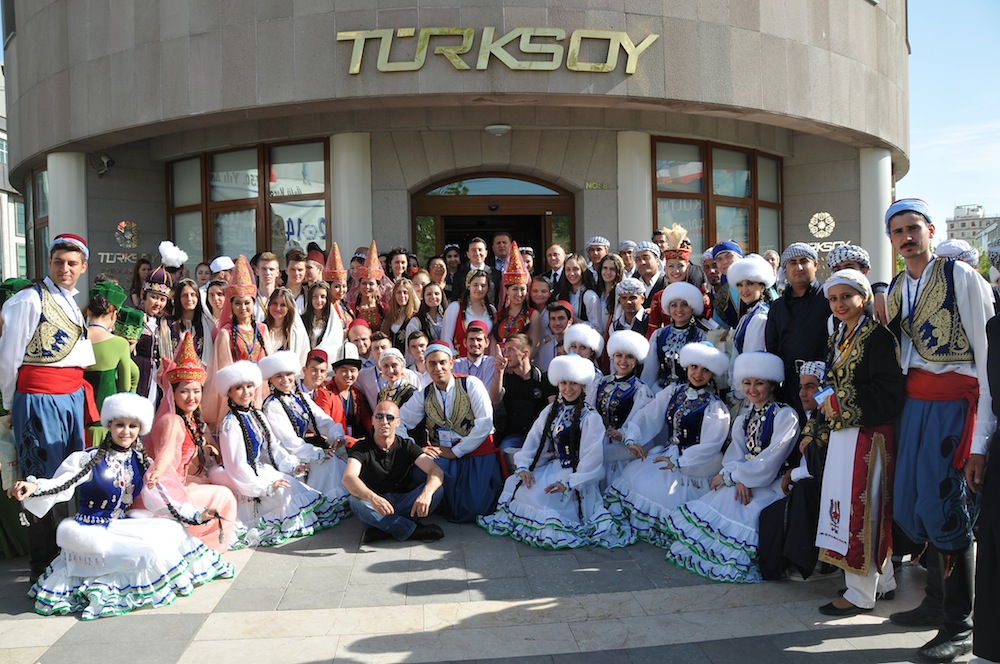
Political Origin
After the collapse of the Soviet Union, Turkey was one of the first countries to recognize the independence of the republics of Azerbaijan, Kazakhstan, Kyrgyzstan, Turkmenistan, and Uzbekistan.
The newspaper said: “Ankara realized at that time that the events of the collapse of the Soviet Union in 1991 were an opportunity to consolidate its influence in the areas inhabited by the Turks and decided to work through its soft power.”
“For these purposes, the Turkish Cooperation and Development Agency (TIKA) was established as one of the main cultural and educational organizations in Turkey,” it added.
According to the TIKA website, the agency's tasks include “forming the structure, identity and infrastructure of the Turkish Republics, as well as the joint historical revival, and the development of the culture and art of the Turkish peoples.”
The International Organization for Turkish Culture and the cultural centers of the Yunus Emre Educational Institute are working on similar work, according to the Russian newspaper.
It pointed out that “in the 1990s, these organizations invested in humanitarian projects in those countries to strengthen cultural relations with Turkey, Schools, kindergartens, mosques, cultural centers and nursing homes were built there.”
“The TIKA alone opened dozens of centers in the Islamic republic’s following the dissolution of the Soviet Union,” according to the agency's website.
While the newspaper indicated that they called these works “the ancestral lands of Turkey”. It pointed to the emergence of more pro-Turkish charitable organizations in those republics, which participated in charitable work.”
The newspaper claimed that “Ankara has opened student exchange programs, granting scholarships for studies, publicly promoting Turkish nationalism, and appealing to Islamic values and monotheism,” commentary: “Turkey should have slowed down gradually.”
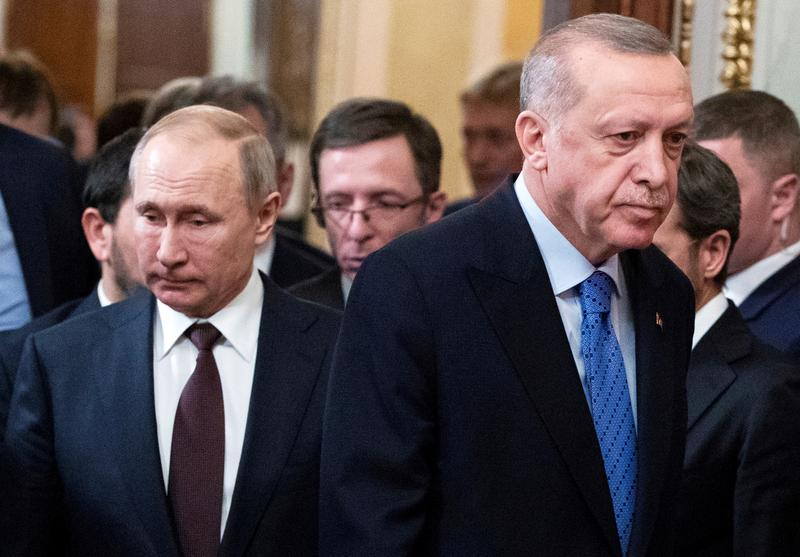
NATO and Turkey
Expert Yildizi, referring to a problem facing Turkey in this conflict. He clarifies that “Turkey cannot count on (NATO) assistance in this matter by confronting Moscow.”
Yildizi explains, “NATO and Turkey cannot work together because they have different cultural and humanitarian policies.”
He asserts that “for example, the attraction to Islamic identity is a feature of Turkey's soft power policy that other NATO countries do not desire.”
According to the senior researcher at the Institute of General History of the Russian Academy of Sciences, historian Alexei Muraviev: “Ankara has its own approach to foreign policy, which is different from that of Western countries.”
He explains that “Turkey is in three directions at once: in Muslim-majority countries, which was part of the Ottoman Empire, and in the Turkic-speaking countries.”
Muraviev describes this approach as a political origin, which includes a combination of different elements of military, political and cultural expansion.
According to the Turkish academic Hasan Unal, the author of the famous statement about the deal between Russia and Turkey in the Crimea, “Moscow should not worry about the arms trade between Ankara and Kiev and other close contacts between the two countries.”
The Russian newspaper commented, “However, Moscow remains concerned, as there are reasons for such concern.”
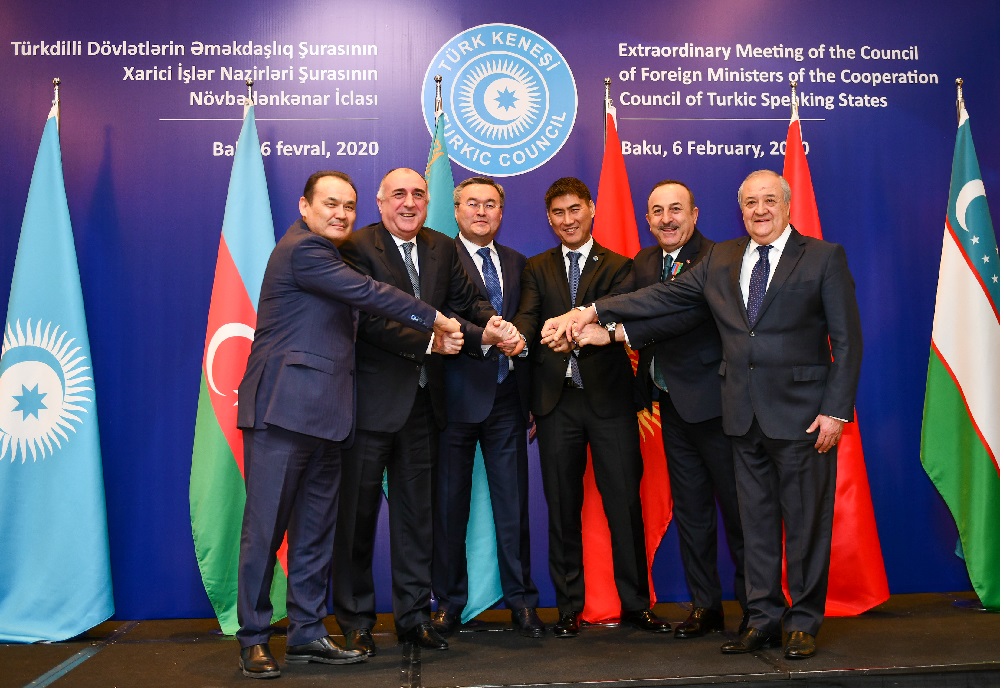
Ankara and Kiev
The newspaper said: “Although the interaction between Turkey and those republics intensified after the collapse of the Soviet Union, it became fruitful, especially after 2014.”
“Ankara and Kiev unexpectedly found a lot in common after the annexation of Crimea to Russia,” the newspaper estimated.
It noted that “the Crimean Tatars living on the territory of Turkey organized protests against the occupiers of the peninsula.”
“Now Turkey and Ukraine will work actively to protect the rights of Crimea and end the occupation of the peninsula, according to the Russian newspaper, which confirmed that this comes “in light of Turkish President Recep Tayyip Erdogan's support for Kiev's initiative to establish (the Crimean Platform) as an educational program.”
The newspaper suggested that “the task of this platform will be to form a coalition of countries ready to pursue an anti-Russian policy on the Crimean issue.”
It believes that “however, Turkey will be the best ally, it will be able to actively promote its cultural and economic projects in a way that does not spoil relations with Russia.”
It hinted at the possibility that “one of these projects will be the construction of housing for Crimean Tatars in Ukraine, according to a plan discussed in 2015.”
It notes that “in 1992, cultural and educational projects were launched on the peninsula, through TIKA, the Crimean Tatar Culture and Mutual Assistance Fund, the Crimean Development Fund, and the Council of the Crimean Tatar People (banned in Russia).”
In the opinion of the Russian newspaper, “Turkey is also applying soft power on Ukrainian territory, (TIKA) is reopening nursing homes and training war correspondents.”
It adds, “Also, the Yunus Emre Institute's cultural centers are actively working with foreign students and provide them with government scholarships to study in Turkish universities.”
It claimed that “data on the cost of these projects is not published publicly, and that the amount of financial support can be estimated indirectly through economic indicators.”
It was quoted by the Turkish Anadolu Agency that in 2020, “Ankara has become a leader in investments in Ukraine with a value of about 3 billion dollars.”
Here the Russian newspaper “Lenta.ru” concludes that “the Russian authorities are not afraid of Turkish expansion in Crimea and turn a blind eye to Ankara's initiatives in this region.”
